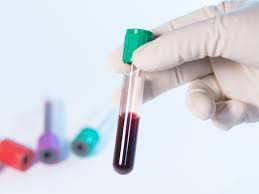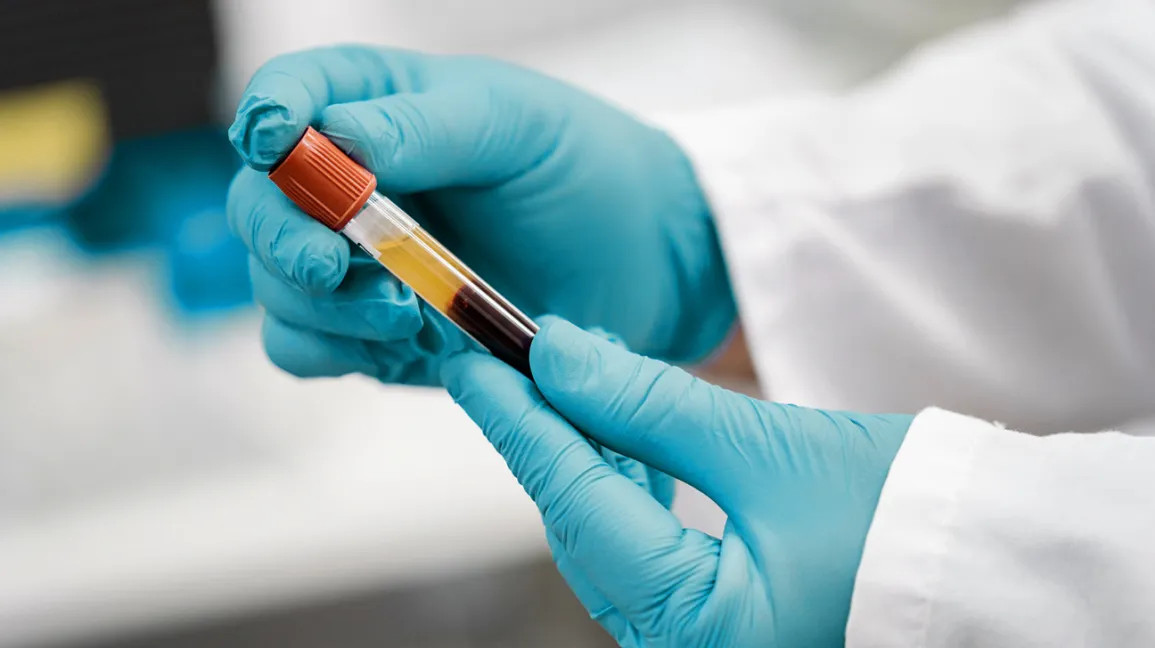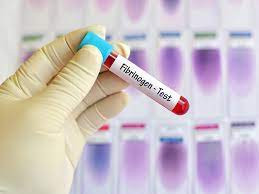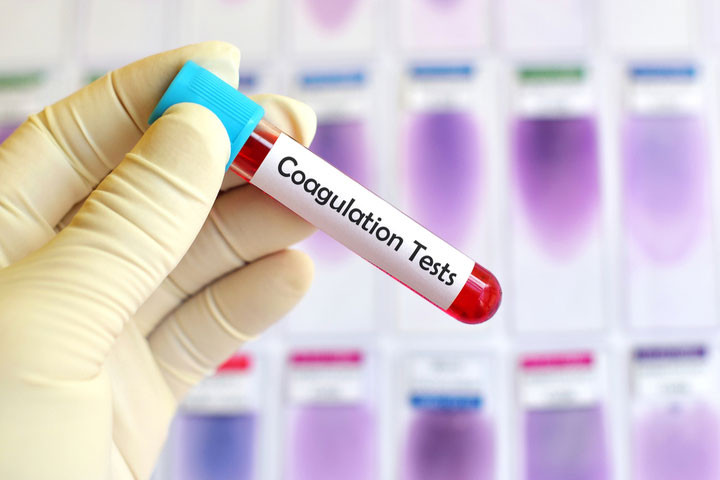Definition
A pancreatic amylase test measures the amount of amylase present in the blood or urine. Amylase is an enzyme that aids in carbohydrate digestion. While the pancreas, located in the abdomen, is the main source of amylase production, the salivary glands also contribute to its levels.
Amylase normally appears in small quantities in the blood and urine. However, a significant increase or decrease in its levels may signal a disorder related to the pancreas, salivary glands, or other health conditions.
Indications
This test primarily helps diagnose pancreatic disorders, such as pancreatitis (inflammation of the pancreas). It can also monitor chronic pancreatitis, a condition where long-term inflammation leads to permanent pancreatic damage.
Amylase levels typically appear in the blood before they show up in the urine, so a urine amylase test may be conducted alongside or after a blood test. Either test can help diagnose or track other conditions that might affect amylase levels, such as salivary gland issues and certain gastrointestinal diseases.
A doctor may order a blood and/or urine amylase test if symptoms of a pancreatic disorder arise, which may appear suddenly or develop gradually and include:
- Upper abdominal pain that radiates to the back or worsens post-eating
- Appetite loss
- Nausea and vomiting
- Fever
- Rapid heart rate
- Jaundice (yellowing of skin or eyes)
- Greasy or foul-smelling stools
An amylase test may also be advised to monitor conditions impacting the pancreas, including:
- Chronic pancreatitis
- Pancreatic cancer
- Eating disorders
- Cystic fibrosis
- Alcohol dependence
- Recovery after gallbladder removal surgery
Contraindications
No specific conditions prevent one from undergoing this test, though difficulties in drawing blood may arise due to factors like infections in the arm, vascular grafts, bruising, or arterial hardening. In such cases, alternative sites for blood collection are used.
Preparation Before the Test
Avoid alcohol for at least 24 hours before a blood or urine amylase test. If undergoing a blood test, fasting (no food or drink) may be required for two hours prior, as instructed by your doctor. Your doctor will provide any additional specific guidance needed.
It is also essential to inform your doctor about any medications you are currently taking, as some may influence test results.
Test Procedure
For a blood amylase test, a health care provider will take a blood sample from a vein in your arm using a small needle. Once the needle is inserted, a small amount of blood is drawn into a test tube or vial. You might experience slight discomfort when the needle goes in or out, but the process typically takes less than five minutes.
For a urine amylase test, you will need to provide a urine sample. The health care provider will give you a cleanser, a small container, and instructions on collecting a clean urine sample (clean catch). Following these steps is important to prevent microorganisms on your skin from contaminating the sample:
- Wash your hands with soap and water, then dry them.
- Open the container without touching the inside.
- Clean your genital area with the cleanser provided:
- For males, clean the entire head of the penis, pulling back the foreskin if uncircumcised.
- For females, separate the labia and wipe from front to back.
- Begin urinating into the toilet for a few seconds, then stop the flow.
- Resume urinating, this time into the container, ensuring the container doesn’t touch your body.
- Collect 30 to 60 ml of urine, as indicated by marks on the container.
- Finish urinating in the toilet.
- Close the container and return it to the health care provider as directed.
If you have bleeding hemorrhoids or are menstruating, let your doctor know before the test.
Your doctor may request a 24-hour urine collection for more accurate results, as amylase levels in urine can vary throughout the day. In this case, you will receive a container and specific instructions on how to collect your samples at home. Be sure to follow all instructions closely.
In some instances, your doctor may recommend testing amylase levels in peritoneal fluid, the fluid between the layers of tissue in your abdomen. For this, your doctor will apply a local anesthetic to your skin and use a needle and tube to withdraw a fluid sample for testing.
Normal and Abnormal Values
Amylase levels can vary based on the testing laboratory. In blood samples, the typical range is approximately 30 to 110 U/L (units per liter), while in urine samples, normal values generally range from 2.6 to 21.2 IU/hour.
Results and Recommendations (Further Testing)
Elevated amylase levels in blood and urine samples may suggest:
- Acute pancreatitis (sudden onset)
- Pancreatic duct obstruction
- Benign or malignant pancreatic tumors
High amylase in peritoneal fluid samples may indicate:
- Acute pancreatitis
- Intestinal blockage
- Reduced blood supply to the intestines
While low levels of amylase in blood or urine are uncommon, they could indicate conditions like:
- Chronic pancreatitis causing permanent damage to amylase-producing cells
- Kidney disease
- Cystic fibrosis
- Liver disease
- Preeclampsia (high blood pressure during pregnancy)
If pancreatitis is suspected, a doctor may also recommend a blood lipase test. Lipase, another enzyme produced by the pancreas, is often more reliable for diagnosing pancreatitis, particularly if alcohol use is a contributing factor.
Consult the Right Doctor
If your amylase levels are abnormal, this could indicate a medical condition. An internist will review the results with you, considering other factors like your current symptoms, medical history, and additional test results.
Want to know information about laboratory, radiology, and other test results? Click here!
- dr Hanifa Rahma
Amylase test: Medlineplus medical test (2022) MedlinePlus. Available at: https://medlineplus.gov/lab-tests/amylase-test/#:~:text=An%20amylase%20test%20measures%20the,blood%20and%20urine%20is%20normal (Accessed: 18 May 2023).
Amylase test: What it is, purpose, procedure & results (2022) Cleveland Clinic. Available at: https://my.clevelandclinic.org/health/diagnostics/22386-amylase-test (Accessed: 18 May 2023).
Amylase test (2022) Testing.com. Available at: https://www.testing.com/tests/amylase/ (Accessed: 18 May 2023).











